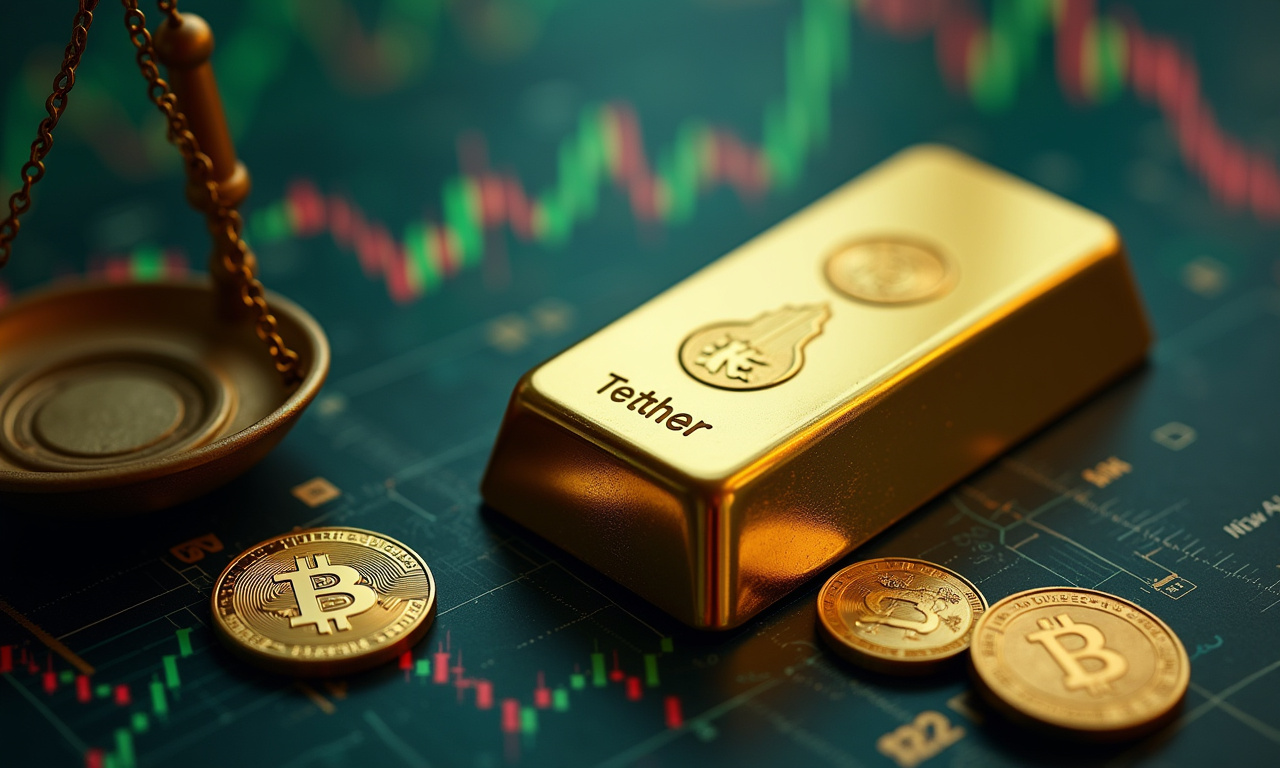Bitcoin's Quantum Threat: Why Your Psychology Matters More Than You Think

The quantum computing threat to Bitcoin isn’t a purely technical issue — it’s a human issue. Setting aside the algorithms and cryptography for a moment. What really matters is what's happening between your ears – the fear, the uncertainty, and the doubt (FUD) that's already shaping the market.
Quantum Fear: Are You Prepared?
We've all seen it before: a whiff of bad news, and the crypto market plunges. Now, imagine the headline: "Quantum Computer Cracks Bitcoin Encryption." What happens next? Not a reasoned, measured reaction, but a panic-induced rush to the exits and over the cliff. People panic. They sell. They lose. The fear becomes a self-fulfilling prophecy.
This isn't some sci-fi fantasy. Either approach “store now, decrypt later” (SNDL) strategy leaves us vulnerable. Even if Q-Day—when quantum computers are able to break Bitcoin’s cryptography—occurs years from now, hostile entities are already stockpiling sensitive information. They know they’re playing the long game, and so should you.
Think of it like this: you know a hurricane is coming. You know it. Would you wait until the wind’s howling and the rain’s lashing before you started boarding up your windows? Or do you take action today, when you still have time to protect your investments?
This isn't financial advice, but common sense. The psychological impact will be devastating. Whatever the ultimate fate of Bitcoin, this fear will cause havoc before too long.
The Illusion of Control In Crypto
Bitcoin’s narrative includes the idea that it will be a decentralized, government agnostic currency, that gives individuals sovereignty. The quantum threat exposes a harsh truth: we're all relying on cryptographic systems we don't fully understand, and that are vulnerable to forces beyond our individual control.
This creates a deep-seated uncertainty. Our hubris leads us to believe that we are masters of our digital fate, when the truth is much more precarious. This uncertainty creates a lack of safety in our day to day, and anxiety makes us vulnerable to damaging choices. We seek superficial solutions, get duped by hocus-pocus snake oil, and give up on our patience-based playlists.
The answer isn’t to stick your head in the sand. It’s not about giving up control, it’s about recognizing the limits of your control and making smart moves to reduce the risk. Diversify your holdings. Research quantum-resistant solutions. Stay informed. Don't let uncertainty paralyze you.
Doubt: Can Bitcoin Even Survive?
Here's the million-dollar question: Can Bitcoin adapt in time? For one, the technical answer, can this happen, is yes, a hard fork is theoretically feasible. Yet the human solution is much more nuanced.
A hard fork requires 51% consensus, a coordinated migration of funds, and a willingness to embrace a new cryptographic system. In the sometimes fractious world of crypto, that’s a Herculean task. Doubt creeps in. Will the community unite? Will the transition be smooth? Or will backbiting and bugging code mar the attempt?
BlackRock's warning is a wake-up call. When old finance begins to take notice, you can be sure that the existential threat is here. But awareness isn't enough. We need action. We are going to need developers, researchers, and investors to work hand-in-hand to build out the best quantum-resistant solutions. We require consistent messaging to help fight against misinformation and FUD.
The future of Bitcoin isn’t just about cryptography, it’s about community. It’s about how we prove the naysayers wrong, come together and create a brighter, more prosperous future.
Think about the bigger picture. This isn't just about Bitcoin. It’s not just banking, healthcare, messaging apps – everything depends on these fragile cryptographic stacks. A successful quantum attack would likely lead to a civilization-level trust crisis.
Tech giants such as Google, IBM, Microsoft, and Amazon are investing heavily in post-quantum security standards. A collective intent does not exist, especially in more distributed ecosystems like Bitcoin.
Quantum computing could strengthen the crypto space. Quantum random number generation (QRNG) and quantum key distribution (QKD) promise superior security for transactions and more tightly defined smart contracts. It's a double-edged sword.
The choice is ours. We can either give in to fear, uncertainty and doubt, and let the quantum threat destroy all we’ve created. Or we can accept that challenge, work together to find those solutions, and make quantum computing a friend instead of a foe.
Take Quranium’s QSafe wallet for example, a quantum-secure solution that operates on post-quantum cryptography by default. It’s just one example of all the proactive moves you can make today.
Don't let psychology be Bitcoin's downfall.
The time to act is now.

Ava Thompson
Blockchain Market Psychology Editor
Ava Thompson explores blockchain and market psychology through an evidence-based yet human-focused lens. She bridges strategic thinking with direct, nuanced communication, and her work features a balance of in-depth analysis and relatable storytelling. Outside the newsroom, Ava is an avid urban gardener and street art enthusiast.
Related News

Altcoin Apocalypse? Why Bitcoin's Dominance Surge Should Terrify You
Forget the Lambo dreams. Forget the moon shots. So in the current state of things if you are a big holder of altcoins, you should be scared to death. Bitcoin’s recent dominance surge isn’t just a momentary spike, it’s a flashing red warning light. This does not indicate positive fundamentals...

Tether Gold (XAUt) Risks You Can't Ignore, and How to Navigate Them
XAUt, Tether’s gold-backed token, offers the glitter of gold with the convenience of crypto. Sounds great, right? Maybe. In the information age, the hunt for treasure has changed entirely. We no longer protect our treasures with maps and shovels, but rather blockchains and private keys. Before you begin this tech-driven...

Tether Gold (XAUt) is the Future of Gold Investment, Here's Why
Traditional gold is dead. Well, not dead perhaps, but definitely of on life support. Think about it: you're either lugging around heavy bars in a vault (and paying someone to guard them), or trusting some ETF to actually have the gold they say they do. That's your 'store of value'?...